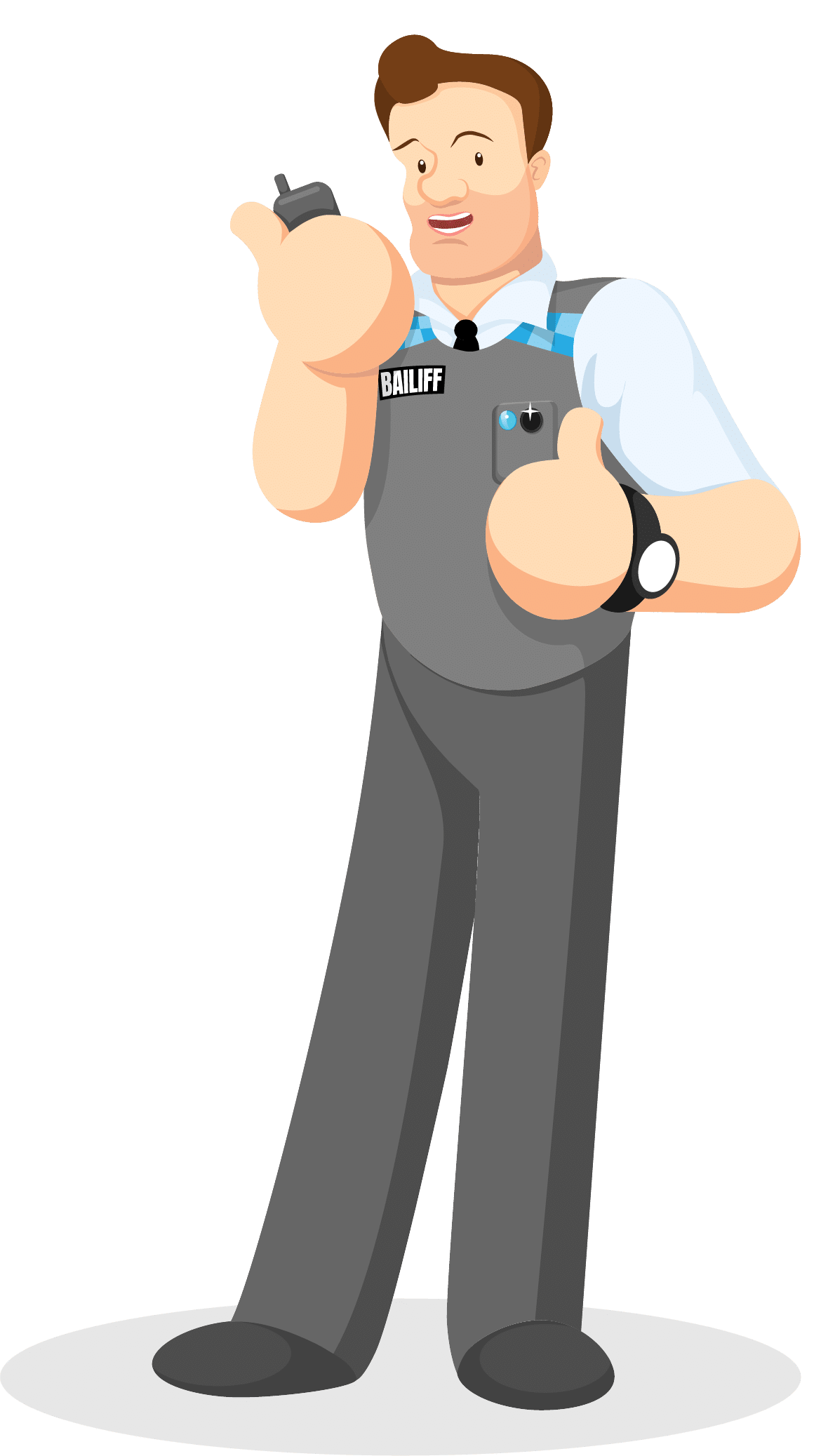Utility Bills Debt Help & Advice
Whether you live in a small flat or a big house, in a big city or a small village the one payment you cannot avoid is the amount that will go monthly to utilities. The utility bills include anything your household needs to function properly such as electricity, water supply, and gas. The bills might prove unbearable for you and your family and you might find your self in debt.
Why Utility debt is more common than you might think:
It is important to realize that payments for utilities are usually made separately then the City Council tax which you will already need to pay monthly. Especially if we take into consideration the rising prices of electricity and gas or the cold months of winter you might suddenly realize your bill is way higher than you can afford with your monthly income.
Another reason utility debt is common is that bills tend to get lost. Keeping track of all the monthly bills you have to pay is not always easy especially if you receive many of them. This might result in a delay in payment or the accumulation of the amount.
In some cases, the energy, gas and water supply companies do not measure monthly your consumption but will bill you approximately based on your past consumption. This can lead to you either paying more than you should each month or to pay less. In the second case, however, you need to be careful as the next bill might include the balance of the payments throughout the year.
There are many examples where the household consistently paid less but at the end of the year, the final bill was way too high to compensate for the annual consumption. In this case, you might find your self unable to pay for an enlarged bill.
Weather can have a big impact on the consumption of energy, heat, and water. During the cold winter months, you might pay more for gas and electricity but during summer you might pay more for water supply as well as electricity spent on air conditioning. Your bills are going to fluctuate accordingly.
Another reason for an unexpected amount to pay is if you have moved recently or changed from one provider to the other. Between switching you might find yourself paying twice for the same utility. Once for the old company and once for the new one.
Energy providing companies sometimes update their measuring systems and this can lead to you paying more. Human mistakes are also possible in this case.
Finally, a personal or family situation can increase your monthly expenditure and leave you with less money available to pay all your bills.








